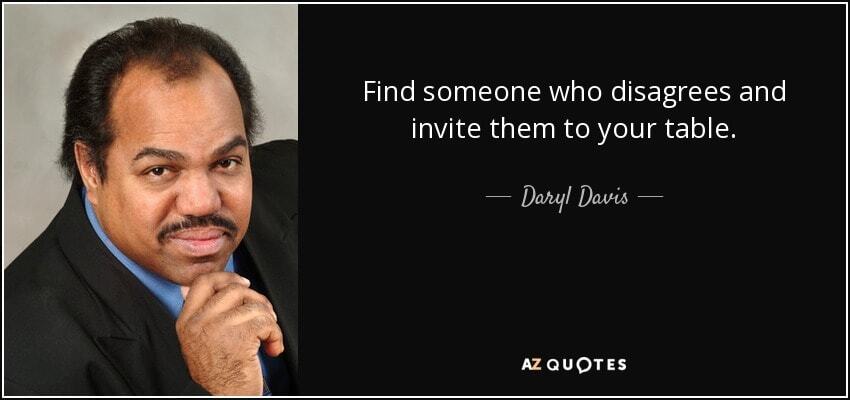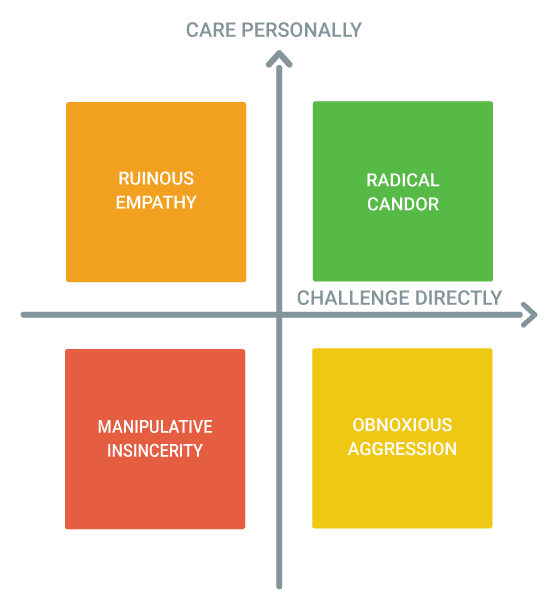Brutal Honesty and Radical Candor: 6 Ways You're Getting Radical Candor Wrong and 6 Ways to Get It Right
We have learned something really important from the way that the press sometimes describes Radical Candor as brutal honesty. And we want your advice...




